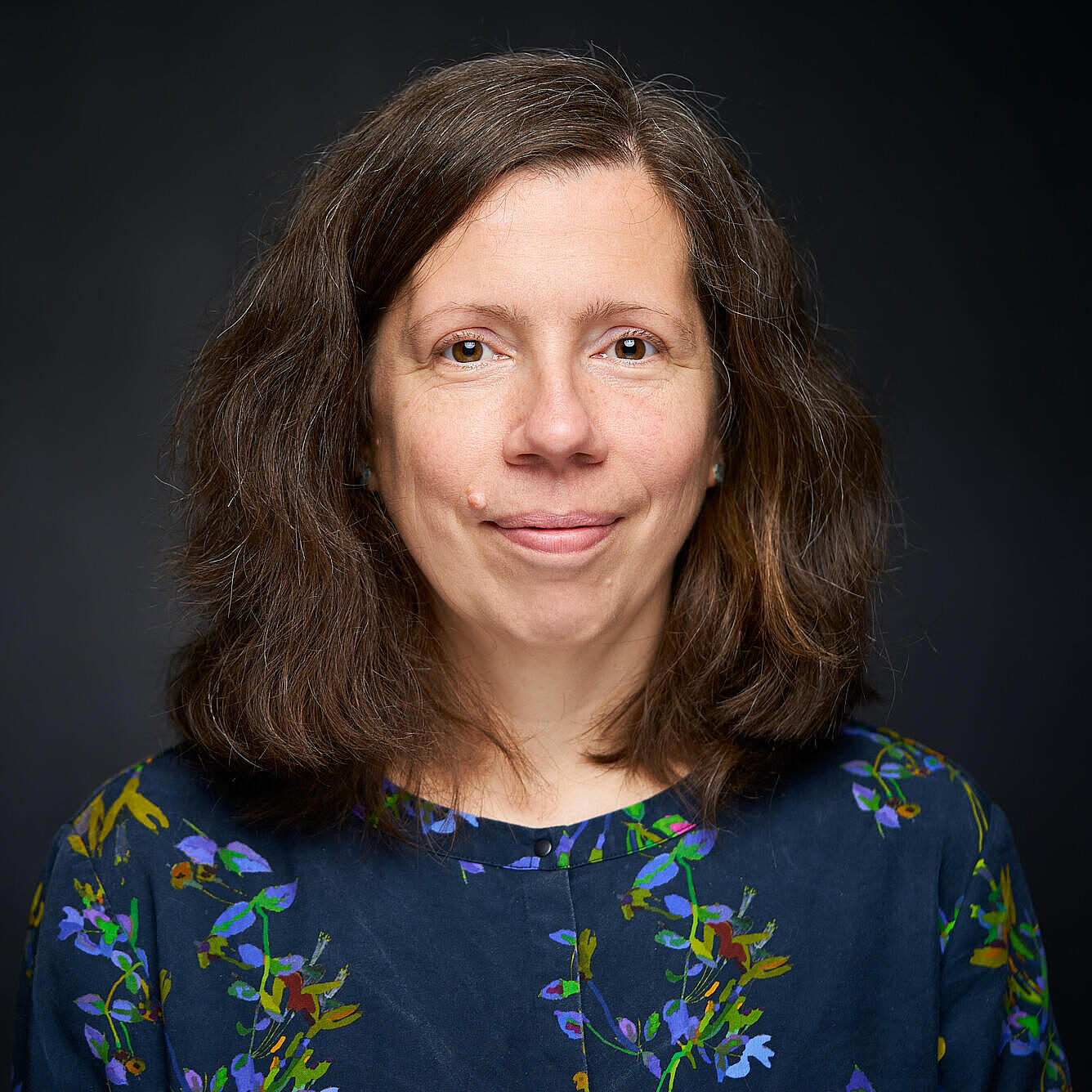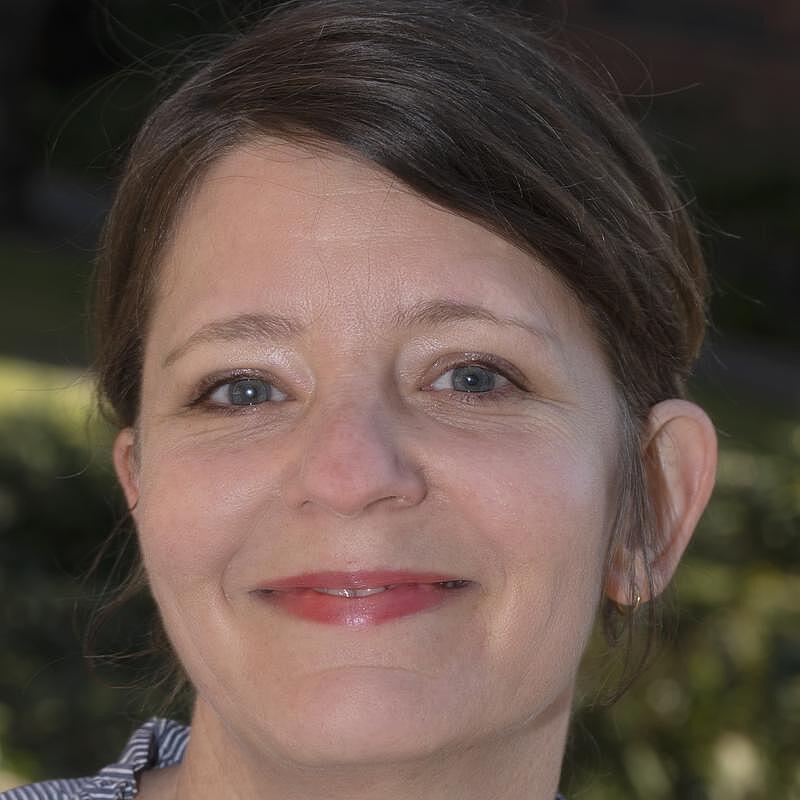- Status: Laufendes Projekt
- Laufzeit: –
Research project
KOL-LAB: Social work as a colonial knowledge archive? A history laboratory on the (post)colonial legacy of Social Work as a model of historiographical teaching research
The emergence of modern social work as a profession coincided with the period of Germany's formal colonial rule. Only shortly after the European colonial powers, led by Chancellor Bismarck, had divided up the African continent among themselves and the German Empire had become the third largest colonial power, the radical wing of the Berlin women's movement founded the girls' and women's groups for social aid work in 1893.
This merger gave rise to several organizations and methods of professional social work, some of which still exist or are still important today. Prominent among these is Alice Salomon's "Social Women's School", now the Alice Salomon University of Applied Sciences Berlin. Many protagonists in the "first ranks" of social work were also active in the colonial movement and established links between the social initiatives of the women's movement and colonial organizations.
There is no systematic research yet
The various forms of social work's involvement in implementing colonial rule have not yet been systematically researched. Investigating these can - in addition to providing historical information - offer essential answers to the question of whether social work "has elements that enabled it to be used as an apparatus of repression and selection", as former ASH Rector Christine Labonté-Roset put it when discussing the involvement of social work in National Socialist population policy in 1988.
The colonial intensification of the idea of social work as "cultural work" developed by the women's movement not only acted as an instrument of power in the colonies but also in the metropolises themselves. For example, colonial narratives can be found in descriptions of the lifeworlds of the addressees, who were often assigned colonial attributes by portraying them as "foreign" and "uncivilized". Even in contexts of international cooperation within the women's movement and social work, racism and colonialism were not exactly met with resistance. Instead, social work constituted a white space in which Eurocentric ideas of social order, education, work, and family life became guiding principles.
Many unanswered questions
These historical entanglements profoundly impacted the early phase of the profession's development. It is, therefore, also relevant concerning contemporary social work to ask how this understanding of Social Work was passed on within the profession, whether and how it was broken, and what alternatives were put forward to counter it.
The Alice Salomon Archive at ASH Berlin is investigating these questions together with the Pestalozzi-Fröbel-Haus Berlin, the Universities of Hildesheim and Marburg, and the Rhein-Main University of Applied Sciences in a BMBF-funded research project running from 1 January 2023 to 31 December 2026.
The project mainly examines the role of Berlin social work initiatives in German colonialism and analyzes forms of (re-)production of colonial and racist knowledge in historical sources of early social work. The study's heart is a series of teaching research projects in degree programs at participating universities and colleges. In these, the source studies are supplemented with surveys on the colonial-racist present in (social) education and social work, and the findings of these studies are placed in relation to each other.
-

-
-
Hannah Ferreira
Alice Salomon Hochschule Berlin
-
Francis Ramirez Cervantes
Alice Salomon Hochschule Berlin
-
Sabine Sander
Pestalozzi-Fröbel-Haus Berlin
-

Silke Bauer
Pestalozzi-Fröbel-Haus Berlin
-
Dr. Z. Ece Kaya
Universität Hildesheim
-
Prof. Dr. Viola B. Georgi
Universität Hildesheim
-

Prof. Dr. Wiebke Dierkes
Hochschule Rhein-Main, Wiesbaden
-
Prof. Dr. Susanne Maurer
Philipps-Universität Marburg
